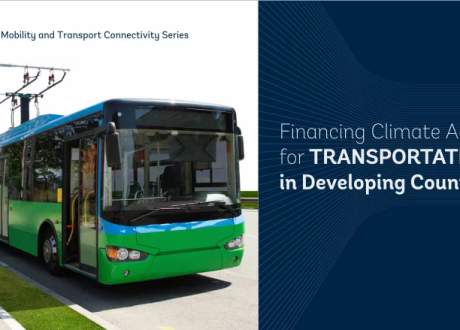
Egypt’s Abouleish among 100 Most Influential Africans 2024 in civil society
Egypt’s Helmy Abouleish, a prominent figure in the field of sustainable agriculture, particularly known for ...

Researchers in the UK are developing new techniques to enable use of wastewater in detecting new coronavirus (COVID-19) infection hotspots or a second wave of the pandemic.
The research, which is bringing together some of the world’s leading experts on wastewater management, is establishing a range of new standardized procedures to identify the virus in wastewater and provide a picture of how COVID-19 is spreading, without the need for testing individuals.
The researcher also seek to develop best-practices for using molecular genetics tools to identify levels of COVID-19 in wastewater samples; recommended approaches for using levels of COVID-19 in water samples to inform trends and estimates of the spread of the virus in communities; and strategies to communicate the implications of environmental surveillance results with the public health community, elected officials, wastewater workers, and the public
One key component in enabling wastewater to be used to help track the spread of the pandemic is to monitor the presence of COVID-19 virus genetic markers.
Professor Vanessa Speight from the University of Sheffield’s Department of Civil and Structural Engineering is co-leading efforts to establish new data analysis and modeling techniques that can be used to reliably interpret the data collected from wastewater samples.
These techniques could help create a more accurate map of how the virus is spreading as well as the emergence of a second wave of the pandemic. The use of wastewater monitoring for COVID-19 virus occurrence offers a quick way to get an integrated picture of the level of infection across a whole community without the need for testing individuals.
Professor Speight, who is also a member of the Sheffield Water Center at the University, which works with industry to solve major challenges in the water sector, said: “There is great potential for wastewater to provide valuable information about the occurrence of COVID-19 across communities. But given that this is a very new field of investigation, we have identified a number of areas where future research efforts should be concentrated to maximize the value of this data.”
Egypt’s Helmy Abouleish, a prominent figure in the field of sustainable agriculture, particularly known for ...
A study – by the Potsdam Institute for Climate Impact Research (PIK) – suggests that ...
Investing in resilient transport in low- and middle-income countries (LMICs) requires $417 billion annually between ...


اترك تعليقا